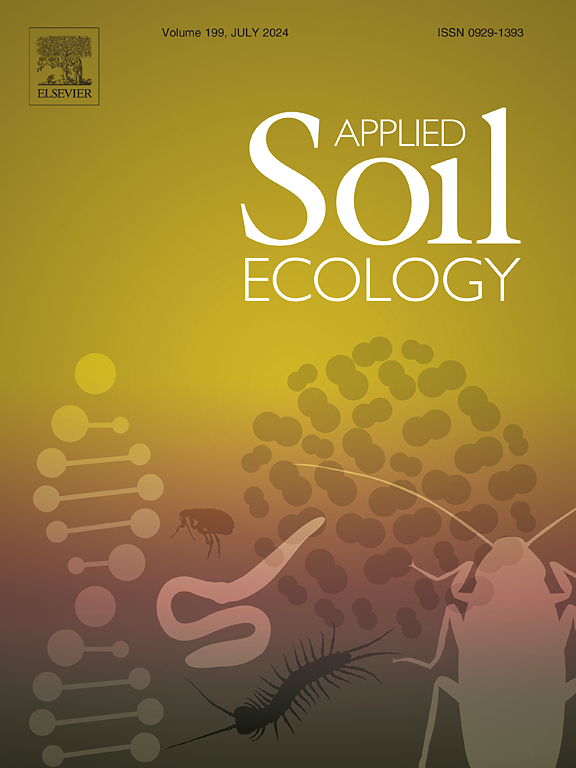Quality review enhances the benefits of data publication for soil biodiversity conservation
IF 4.8
2区 农林科学
Q1 SOIL SCIENCE
引用次数: 0
Abstract
Science is in the midst of a paradigm change emphasizing open data sharing and re-use. Many benefits result from data sharing, e.g. advancing science, increasing visibility of individual research, and allowing synthesis efforts such as meta-analyses and broad-scale modelling. Nonetheless, data sharing is still not popular due to the lack of time, funding or data-science skills needed to prepare data for deposit as well as poor institutional data policies or support. Therefore, when faced with formal obligations to share data, researchers will often take the “path of least resistance”, not taking the effort to fully document, harmonize and integrate their data, which severely hinders data re-use.
Advanced data standardization, harmonization and integration in publicly available databases – coupled with quality-review procedures – are needed to alleviate the barriers to the re-use of research data for soil-biodiversity policy, protection and conservation. Edaphobase, a publicly available data warehouse specifically oriented towards soil-biodiversity data has been explicitly developed to address these needs, and offers solution examples for the above-mentioned challenges. For instance, concerns of data providers regarding data misuse are addressed in that conditions on data re-use can be placed, temporary embargos to public access be imposed, or citable digital object identifiers (DOIs) be received for citing individual data sets. A particularly valuable example concerns Edaphobase's extensive quality-review procedures. These follow a three-step process which eases and highly enhances data standardization, harmonization, and integration and thus re-use possibilities: an automated tool during data-upload (“pre-import control”), a manual peer-review after data submission (“peri-import review”) and a final semi-automated final review by the data provider within the system itself (“post-import control”). However, to further advance the paradigm change towards open data publication with its scientific and conservational benefits, still needed are improved institutional or academic policies promoting open data sharing as well as the development of more “intrinsic” incentives and rewards to motivate data submissions to publicly available databases.
求助全文
约1分钟内获得全文
求助全文
来源期刊

Applied Soil Ecology
农林科学-土壤科学
CiteScore
9.70
自引率
4.20%
发文量
363
审稿时长
5.3 months
期刊介绍:
Applied Soil Ecology addresses the role of soil organisms and their interactions in relation to: sustainability and productivity, nutrient cycling and other soil processes, the maintenance of soil functions, the impact of human activities on soil ecosystems and bio(techno)logical control of soil-inhabiting pests, diseases and weeds.
 求助内容:
求助内容: 应助结果提醒方式:
应助结果提醒方式:


